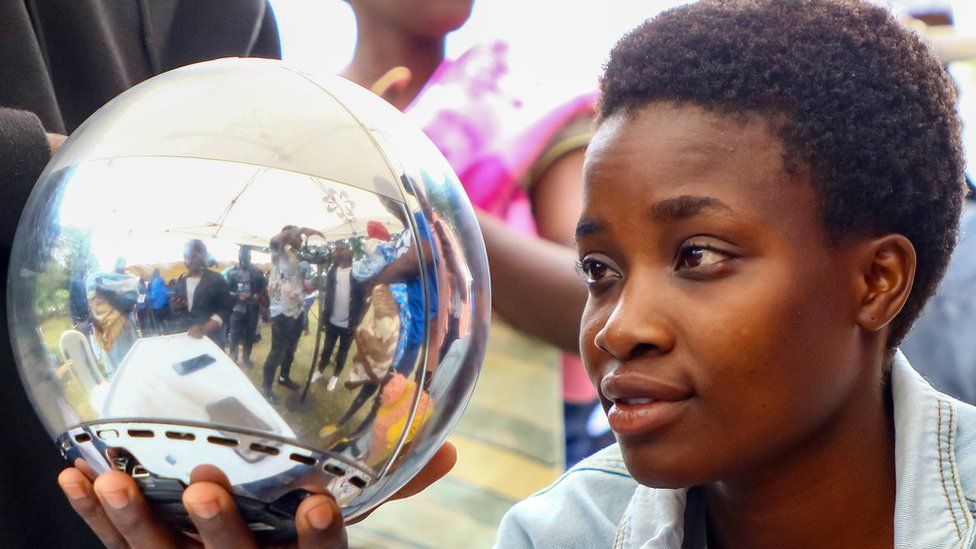Worldcoin (WLD), the subject of intense debates, has swiftly taken action to expand its global presence since its recent launch. To address concerns and foster the creation of digital identity systems by third parties, Worldcoin has decided to share its iris scanning technology, and this has lead to price surge of the Worldcoin (WLD) token
The Worldcoin Foundation has made an announcement that it will share the iris scanning technology with third parties for the development of digital identity systems. To ensure data protection and address privacy concerns, the Foundation commits to comply with relevant data protection laws and collaborate with authorities. The proposed digital identity system will enable businesses to utilize the technology without collecting personal data. For instance, a coffee shop could use Worldcoin’s system to verify that each person avails only one free coffee.
Worldcoin’s global implementation of “iris scanning” technology for creating digital identities has faced criticism and has triggered investigations in certain regions.
Worldcoin Makes Significant Moves in Europe
Ricardo Macieira, the European General Manager of Tools For Humanity, the organization behind the Worldcoin project, shared their vision of establishing a large finance and identity community through the initiative. Notably, prominent investors like Blockchain Capital, a16z crypto, Bain Capital Crypto, and Distributed Global invested $115 million in the project in May. Macieira also revealed plans to expand Worldcoin’s operations into Europe, Latin America, Africa, and other regions.
Worldcoin’s website outlines numerous potential applications, including distinguishing individuals from artificial intelligence and facilitating global democratic processes. It even hints at the possibility of a universal basic income, though such an outcome is not guaranteed. Nevertheless, the Worldcoin project is currently under extensive investigation in Europe.
While advocating for universal basic income, Macieira emphasized that their primary focus is on constructing the infrastructure to enable governments and other organizations to implement such programs. In an interview with Reuters, Macieira stated, “The idea here is that as we build this infrastructure, we allow other third parties to use the technology as well.”
